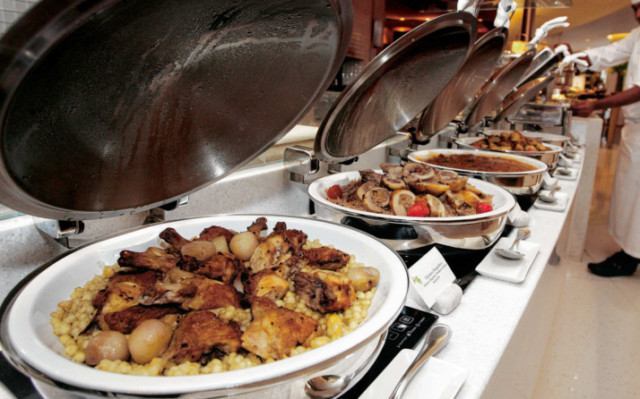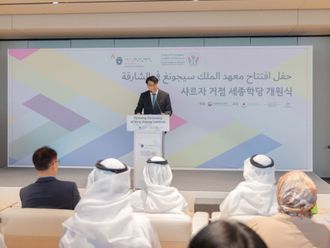
Dubai: The municipality has launched a campaign to collect leftover food and distribute it to poor and needy families during Ramadan.
The drive has been launched to combat the excessive wastage of food witnessed as households and hotels tend to prepare more than is consumed.
To combat food waste, Dubai Municipality continues to collaborate with a number of charity organisations that collect leftover food and distribute it to poor and needy families.
Since the inception in 2008 of Hifz Al Ni’am (Value the Blessings), the municipality has been responsible for the technical aspect related to the safety of collected leftover food.
“All the charities registered with the Department of Islamic Affairs and Charitable Activities can participate in our Hifz Al Ni’am project, and we mainly deal with voluntary and charity organisations based in Dubai, Sharjah and Ajman,” said Shamsa Gareeb Sulaiman, principal awareness officer, food control department at Dubai Municipality.
In Ramadan 2011, the municipality recorded that 17,021 people received food from the Hifz Al Ni’am project through excess food collected from hotels and functions. From January to April, 10,342 benefited from the programme, while 4,651 received food donations from May to August, and 6,260 from September to December.
“According to the religious belief and the social culture prevailing in the UAE, wasting food is frowned upon in both the social and individual context. Consuming less and donating the excess is the best way to get rid of the bad habit of wasting food items which, in turn, also saves the environment,” she said.
Shamsa pointed out that hotels and supermarkets who frequently participate in the food donation programme include Al Bustan Rotana Hotel, Dubai World Trade Centre, Al Boom Tourist Village, LuLu Hypermarket, and Choithram supermarket.
“Ready-made food carries a higher risk of food poisoning, which is why we encourage charities to collect canned food and other packaged ingredients. If charity organisations want to collect ready-made meals, they first have to receive permission to do so from us,” said Shamsa.
She explained that as part of the municipality’s regulations, organisations need to have vans that are equipped to store food in either hot or cold temperatures. Once the vans are approved by inspectors from the food control department, the vehicle then has to be registered with the vehicle testing and registration facility at Tasjeel.












